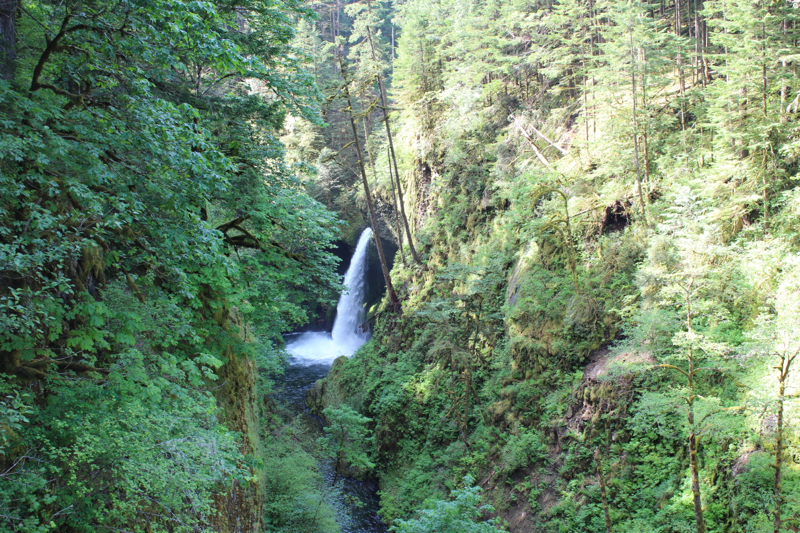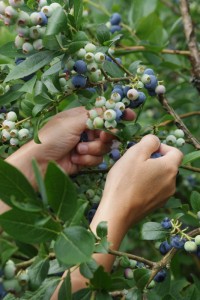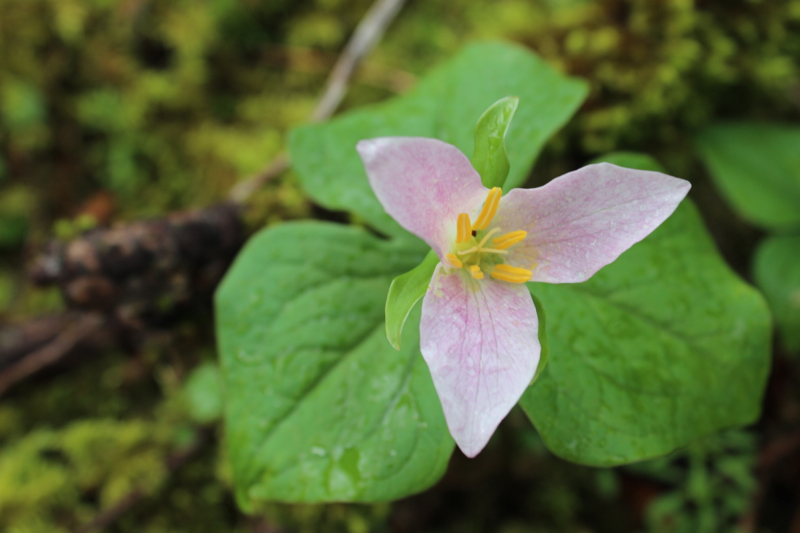by Jon Keyes
As a therapist I work with many people who feel a range of emotions- sadness, grief, anxiety, confusion, hatred and anger. Linking all these emotions is difficulty with feeling pleasure. Pleasure is a complicated for many of us. Too much pleasure is often linked with addiction, and many of us are caught in a trap of seeking pleasure that harms us (junk food, drugs) and then feeling bad and ashamed when we seek out that damaging pleasure again and again. Pleasure is also associated with sex, a deeply complicated topic that brings up many questions around taboos, boundaries, trauma, multiple attractions and issues with intimacy. At times, pleasure has a bad rap as it implies that we are being unproductive, simply indulging our senses when we could be doing something worthwhile, like…taking out the garbage, building a shed, or writing the Great American novel.
 Modern society steers us towards addictive forms of pleasure and away from pleasure that is associated with nourishment and joy. We often work in nature-less offices where we are allowed 30 minutes to quickly eat a meal and hurry back to the job. Modern industrial capitalism prides efficiency and speed above all else in a quest for greater growth and profits. The first assembly line was installed over a hundred years ago in 1913 by the Ford motor company as a way to mass produce automobiles. From an age of craftmaship and tailor made products, we shifted to an age of uniformity and grand and unceasing scale. The time clock had been invented only a couple decades before in 1888 and has come to dominate the rhythm of most people’s lives. The hum of office life is one designed to separate us from the daily pleasures of the natural world and our own internal clock that traditionally pulsed in tune with the seasonal changes of heat and cold, dark and light.
Modern society steers us towards addictive forms of pleasure and away from pleasure that is associated with nourishment and joy. We often work in nature-less offices where we are allowed 30 minutes to quickly eat a meal and hurry back to the job. Modern industrial capitalism prides efficiency and speed above all else in a quest for greater growth and profits. The first assembly line was installed over a hundred years ago in 1913 by the Ford motor company as a way to mass produce automobiles. From an age of craftmaship and tailor made products, we shifted to an age of uniformity and grand and unceasing scale. The time clock had been invented only a couple decades before in 1888 and has come to dominate the rhythm of most people’s lives. The hum of office life is one designed to separate us from the daily pleasures of the natural world and our own internal clock that traditionally pulsed in tune with the seasonal changes of heat and cold, dark and light.
In these environments, we snatch away moments of pleasure by sipping coffee, eating a candy bar, scanning iphones, scrolling and clicking for one more hit that will distract us, feed us something that we have been missing. When we return home, we have a beer, overeat, or watch too many netflix shows, entraining to the rhythm of the ever glowing screen that can distract us from ourselves, our hearts, our bodies.
 But the desire for pleasure is an entirely good one. As an herbalist I often think of plants as teachers. One of the fundamental lessons they teach me is about pleasure. Plants remind us to open our senses, to indulge them and bathe them in the beauty and mystery of the natural world around us. Plants remind us to savor and delight, to take our time and fully embrace the joy of being alive. Walking through the hush and quiet of an old cedar forest carpeted with moss and lichen. Slowly sipping and fully tasting the complex flavors of a cup of linden and rose tea. Smelling the scent of newly bursting jasmine flowers entrancing and enticing us. Eating a dinner that has been lovingly spiced with fresh herbs from the garden. Massaging our body with deeply infused lavender oil. These are ways of connecting, savoring, remembering and above all- feeling pleasure.
But the desire for pleasure is an entirely good one. As an herbalist I often think of plants as teachers. One of the fundamental lessons they teach me is about pleasure. Plants remind us to open our senses, to indulge them and bathe them in the beauty and mystery of the natural world around us. Plants remind us to savor and delight, to take our time and fully embrace the joy of being alive. Walking through the hush and quiet of an old cedar forest carpeted with moss and lichen. Slowly sipping and fully tasting the complex flavors of a cup of linden and rose tea. Smelling the scent of newly bursting jasmine flowers entrancing and enticing us. Eating a dinner that has been lovingly spiced with fresh herbs from the garden. Massaging our body with deeply infused lavender oil. These are ways of connecting, savoring, remembering and above all- feeling pleasure.
And pleasure is key in this rushed, efficient sped up society bent on maximum production. There is sense in laziness, in rest, in indulgence with rose petal baths and making art of the flowers and grasses in the field nearby, in slowly drinking an elixir of lemon balm and honey. There is sense in returning to the rhythms that have sustained us for millennia- tuning into the subtle and ferocious changes of seasons, the beauty of a trillium flower unfolding in the first blush of spring, a sunflower arching its back towards the sky and light, a thunderous storm as magenta maple leaves rain from the sky. When we open our senses to these experiences, we are entraining with natural rhythms and allowing ourselves to feel fully and totally alive with all its pleasure and pain.
And pain is the twin side of pleasure. Savoring the delights of the world does not mean that we are covering up, ignoring the hidden recesses of darkness that we all carry. It does not mean avoidance and flight from the painful corridors of anger, shame and jealousy. These emotions are often messages that carry deeper meaning, doorways to parts of ourselves that we may have neglected or shut out. And there is importance in exploring those terrains, but not at the expense of nourishing the hidden joys and ecstasies as well. Sometimes in therapy, there is too much emphasis on these parts of us that are in pain and lost, and not enough time celebrating our unique beauty and transcendence. There is too little time spent nourishing that beauty, tending our hearts and creating space for joy.
Pleasure is underrated these days. People ask, “What do you do for a living? What are you working on?” I can’t lately remember someone asking me “what do you do for pleasure?” “How do you feel joy?” Perhaps as our lives fade, those are the things we will remember the most, not what we built, but how well we slowed down and connected, tasted and touched, savored with delight and pleasure.
Jon Keyes, LPC, is a therapist and herbalist who lives in Portland. Jon is deeply interested in exploring holistic and traditional ways of integrating and healing from emotional distress. He can be found at www.hearthsidehealing.com
